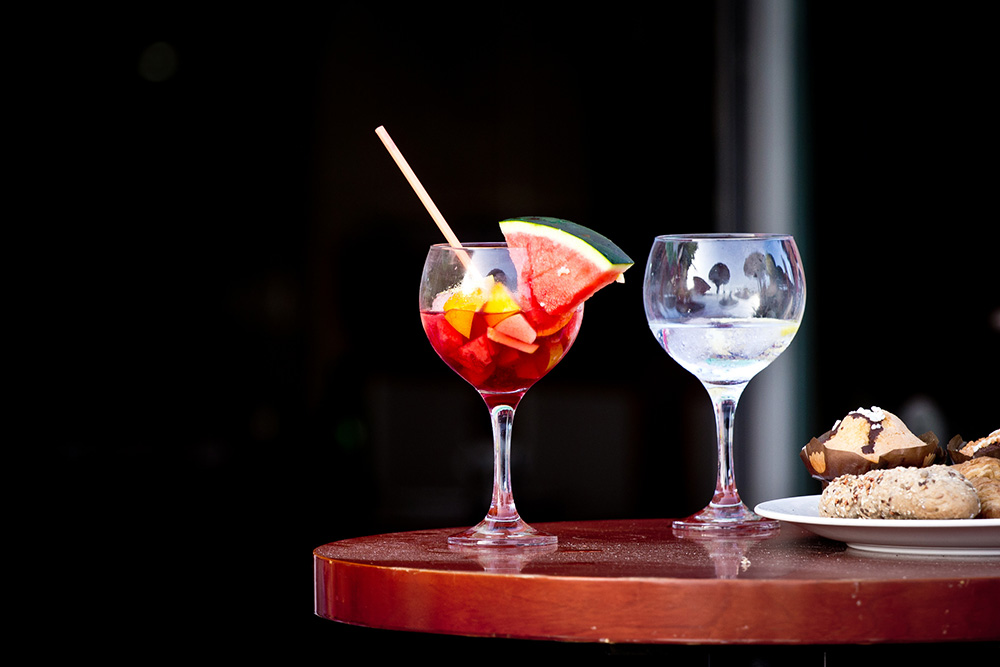BC has been given a failing grade (D) on its gender gap compared to other jurisdictions. A Conference Board of Canada study puts British Columbia’s wage gap of 22.6 per cent, which contrasts sharply with Belgium (3.3), Denmark (6.3), and Norway (7.1). Closer to home, PEI sits at 10.7 per cent and Manitoba at 13.2 per cent. B.C. is at the bottom, ahead of only one peer country, Japan (25.9). The gender gap is even larger for B.C.'s visible minority women who experience an additional racial wage gap.
The minimum wage is part of the gender gap puzzle. According to Statistics Canada, 62 per cent of B.C.’s minimum wage earners are women.
Last month the government announced that B.C. is raising the province's minimum wage — currently $11.35 — to $15.20 by 2021. Although this is a step forward, labour and community groups have been critical of the long lag time in getting there, leaving women languishing well below the poverty line for unnecessarily long.
However, another important critique is the liquor server exemption. As B.C. moves towards a $15.20 minimum wage, we have yet to hear what government will do with the liquor servers minimum wage — the lower wage that applies to employees serving liquor directly to customers, guests, members or patrons in licensed establishments. While the liquor server wage appears gender neutral, its impact is not. Statistics Canada data shows that 81 per cent of food and beverage servers in B.C.’s restaurants are women, meaning the lower liquor server’s minimum wage is especially unfair for women.
Not only does this lower wage for liquor servers worsen the already large gender gap, but it is unfair to the public and other employers, and it’s exploitative. It makes women more vulnerable to sexual harassment and sexualization of the workplace; if they don’t play nice, they won’t get paid.
It is unfair to the public. Tipping means that customers assume a responsibility usually reserved for employers: fairly compensating workers for their labour. The liquor servers’ minimum wage in effect legitimizes tipping and gives an unprecedented wage subsidy to restaurant and bar owners.
It is unfair to other employers. Other employers are required to pay the full minimum wage meaning that this is an unfair subsidy to liquor serving employers. It will also perversely incent employers to serve alcohol.
It is exploitative. Kaitlyn Matulewicz's research in B.C. by found that depending on customers for tips leaves workers vulnerable to enduring sexual harassment and sexualized behaviour from customers as a “price” to be paid for a tip — a form of institutionalized quid pro quo. Workers who do resist by, for example, speaking up against customers who are harassing them, risk losing a tip. Absent a decent minimum wage, sexualized behaviour from customers becomes normalized; something workers simply have to put up with to earn a living.
Research from the U.S. Restaurant Opportunities Center United reinforces this connection between tipping and sexual harassment in restaurants. According to their report, The Glass Floor: Sexual Harassment in the Restaurant Industry, women restaurant workers in states with a sub-minimum tipped wage are twice as likely to face sexual harassment than women restaurant workers in states that pay a full minimum wage to all workers.
Matulewicz’s research further suggests that the vulnerability of workers relying on customers for tips is heightened under the precarious working conditions faced by restaurant industry workers, a situation worsened by inadequate employment standards legislation and their poor enforcement in B.C.
In jobs where there are no paid sick days, extremely variable work schedules that include open-ended or on-call shifts (if you’re not called in, you’re not paid), and no regulations for employer collection and distribution of tips, the power imbalance between employers and workers — and between customers and workers — is intensified.
The new B.C. government has the opportunity address these inequities and violation of human rights in restaurants and bars throughout the province.
The liquor servers’ minimum wage should be eliminated, and ownership of tips received by all service workers should be regulated. B.C.'s gender gap needs to be closed – it’s 2018 folks. ![]()
Read more: Labour + Industry, BC Politics, Gender + Sexuality
















Tyee Commenting Guidelines
Comments that violate guidelines risk being deleted, and violations may result in a temporary or permanent user ban. Maintain the spirit of good conversation to stay in the discussion.
*Please note The Tyee is not a forum for spreading misinformation about COVID-19, denying its existence or minimizing its risk to public health.
Do:
Do not: